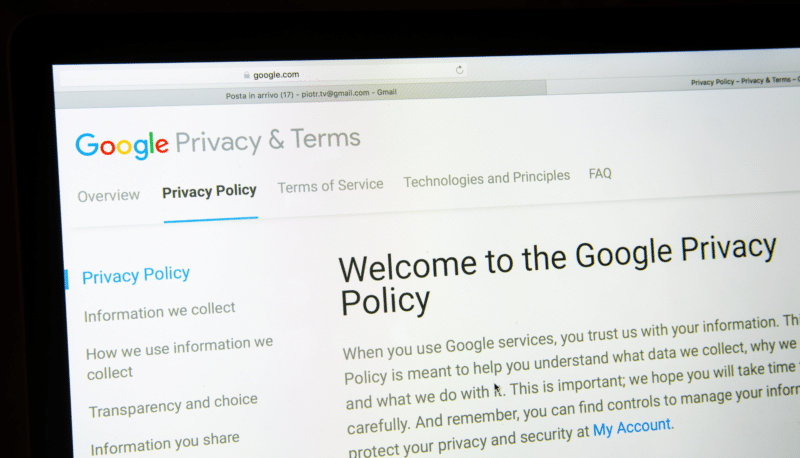
Google’s New Crypto Advertising Policy: A Game Changer for Regulated Entities
The cryptocurrency landscape is rapidly evolving, and as it does, Google is making significant strides to ensure that advertising practices align with regulatory frameworks. On January 15, 2025, a new update to Google’s financial products policy will take effect in the UK, establishing clearer advertising standards specifically tailored for the burgeoning crypto market. This monumental shift aims to enhance consumer protection while ensuring compliance with local laws, thus creating a healthier environment for crypto businesses.
One of the pivotal changes introduced is the Certification Requirement. Advertisers looking to promote cryptocurrency exchanges or related services must obtain a certification from Google, contingent upon their registration with the UK’s Financial Conduct Authority (FCA). This requirement not only highlights the necessity for advertisers to be compliant with regulatory standards but also serves as a filter that ensures only legitimate entities promote their services, ultimately protecting consumers from potential scams.
In terms of Specific Ad Permissions, the policy specifies that advertisements for cryptocurrency exchanges and wallets will be limited to those advertisers that possess valid FCA registration. Furthermore, while advertising for hardware wallets is permitted, these ads must exclusively focus on storage services and must not promote the trading or exchange of assets. This distinction emphasizes Google’s commitment to responsible advertising in a sector known for its volatility.
The Compliance Mandate is another vital component of this policy update. Advertisers will be expected to adhere to local legal standards, with the understanding that non-compliance could lead to the disapproval of their advertisements or even suspension of their advertising accounts. Such stringent measures underscore the importance of aligning advertising strategies with established laws to safeguard both consumers and advertisers.
For software developers and marketers operating within this realm, the significance of this policy is clear: proactive certification will be crucial ahead of the January deadline to avoid any disruptions in advertising efforts. The emphasis on compliance and the securing of legitimate advertising space could create a more trustworthy atmosphere for crypto services, especially for entities that have long been navigating a complex regulatory environment.
The implications extend beyond just advertising protocols; they could influence how businesses approach URL management in their digital marketing strategies. Tools like URL Shorteners and Custom Short Links, which streamline the sharing of content and can enhance user experience, may become critical assets for advertisers as they navigate the new landscape. By employing short links, businesses can measure engagement more effectively while adhering to Google’s guideline to provide clarity in advertisements.
Moreover, understanding how to properly utilize link management systems will be key for effective campaign tracking and analysis. As Google elevates standards in cryptocurrency advertising, using a reliable short link maker can ensure that marketing efforts remain compliant while providing detailed metrics and insights into user interactions and advertisement performance.
In conclusion, Google’s updated crypto advertising policy emphasizes consumer safety and regulatory compliance, presenting regulated crypto businesses with a valuable opportunity to engage with potential customers more effectively. With proper strategies in place, including the use of URL management tools, the cryptocurrency sector can expect to foster a more secure and thriving advertising environment.
#BitIgniter #LinksGPT #UrlExpander #UrlShortener #cryptocurrency #DigitalMarketing
Want to know more: Read here

